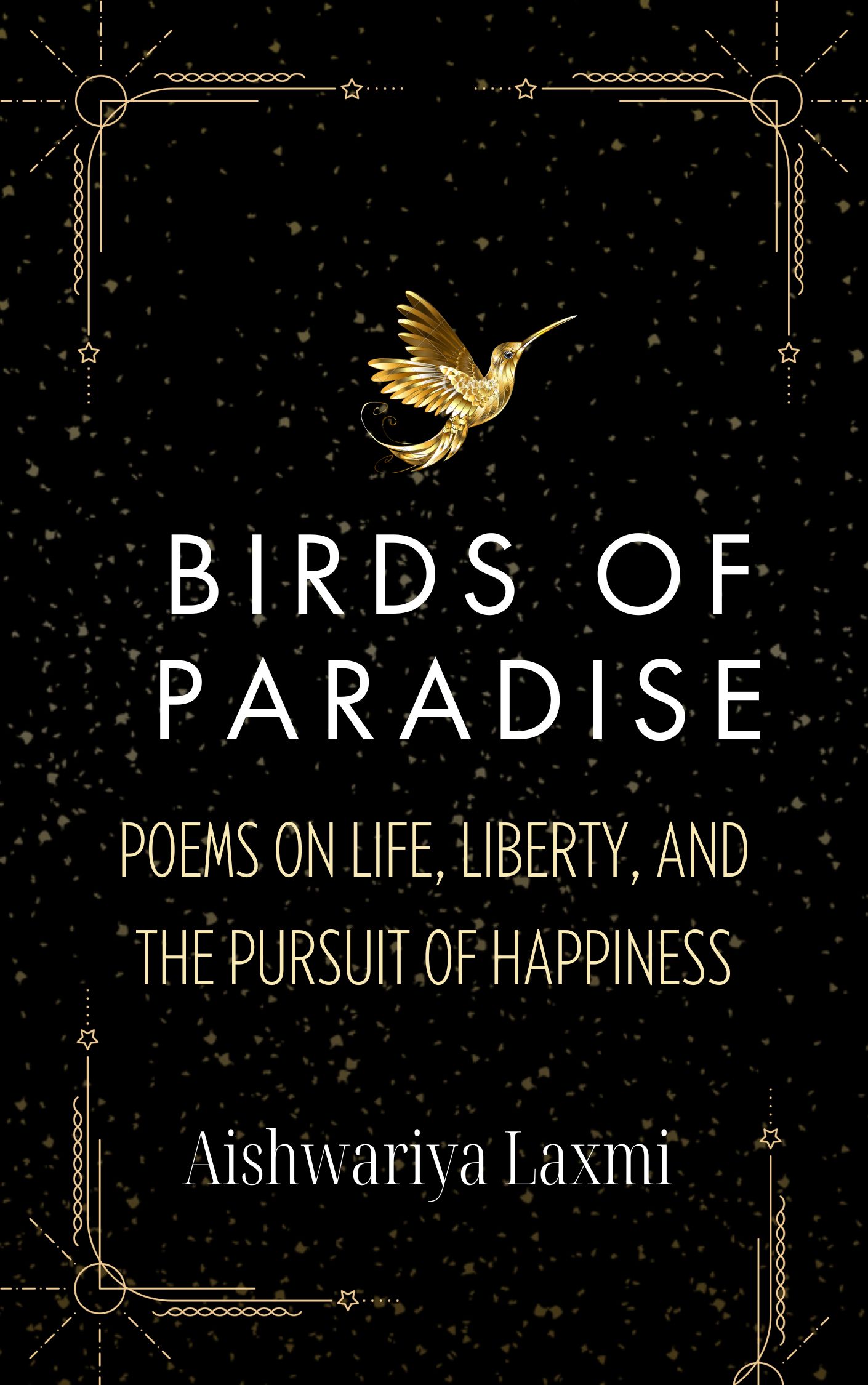While both “long” and “lengthy” describe something that has a large extent, “lengthy” often implies something is excessively long, potentially tedious or boring, while “long” is a more neutral descriptor.
Here’s a more detailed breakdown:
- “Long”:This word is a general descriptor for something that has a large extent or duration, and it doesn’t necessarily carry a negative connotation.
- Examples: “a long road,” “a long movie,” “a long day”
- “Lengthy”:This word suggests something is excessively long, perhaps to the point of being tedious or boring.
- Examples: “a lengthy speech,” “a lengthy wait,” “a lengthy report”
- Key Differences:
- Connotation: “Lengthy” often has a negative connotation, suggesting something is longer than desired or necessary.
- Usage: “Lengthy” is often used to describe durations of time or the content of something (like a speech or report), rather than the physical length of an object.
- Physical Length: While you can describe the physical length of something as “long,” you’re less likely to use “lengthy” for that purpose. You wouldn’t typically say “a lengthy car” but rather “a long car”.












